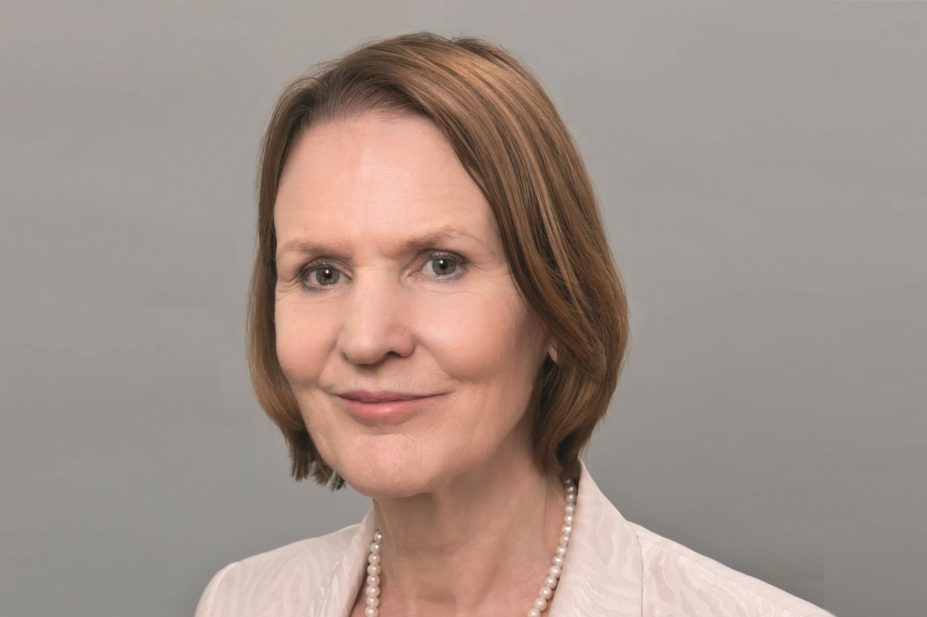
Pharmaceutical Services Negotiating Committee (PSNC)
Greater use of community pharmacy would help relieve the pressure on fully stretched health and social care services, care regulator the Care Quality Commission (CQC) has said.
In its annual State of care 2016/17
report, which looks at the overall picture of care across social care, general practice, mental health and acute hospital care, the CQC found that fewer than one in 10 patients saw a pharmacist when they could not see a GP.
A third of patients who had tried to contact their GP when the practice was closed and could not get an appointment then went to A&E. The CQC said the lack of use of pharmacies indicated the “potential for greater use of this service in the community”.
It said thinking outside organisational boundaries was vital to provide sustainable care in the future.
Pharmaceutical Services Negotiating Committee (PSNC) chief executive Sue Sharpe said the CQC report provided a “stark warning” about the “current unsustainability” of health and social care.
She said: “The CQC is right to highlight the potential for greater use of community pharmacy; the NHS must make better use of community pharmacies to support both patients and other healthcare services. The struggle to find a financially viable solution to the ever increasing demands for care is not going away.
“Community pharmacy teams are ready and willing to deliver the preventative services and long-term condition management support that are essential to the survival of the NHS; in easily accessible locations and at good value.”
State of Care described “a whole health and care system that is at full stretch, not just social care.” It reported that the complexity of demand on both health and social care continues to rise, with bed occupancy still above recommended rates, and increasing numbers of older adults requiring social care. Primary care is also increasingly pressured and the report points out that such difficulties are now year-round and cannot be ascribed to ‘winter pressures’.
Although the majority of all care is rated by the CQC as good and many services that were previously rated inadequate have improved, it found some providers are struggling to improve, and some have slipped backwards.
The report stated: “There is variation in how local systems are responding to the challenge of collectively matching capacity to need services and far too much care needs to improve.”
Meanwhile, work between local pharmacies and district nurses to support effective medicines management in an area with one of the highest prescription costs per patient in the country has been praised in a CQC review.
The review of health and social care for older people in Halton, Cheshire, was the first in a series of 20 by the regulator looking at how older people move through health and social care systems in a specific local authority area.
It found the local CCG medicines management team were working with the falls team to proactively address medication prescription and polypharmacy issues to support falls prevention in care homes and were beginning to review cases where care home residents were prescribed large numbers of medicines.


